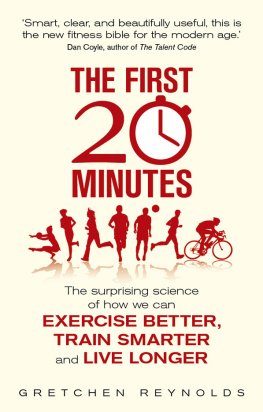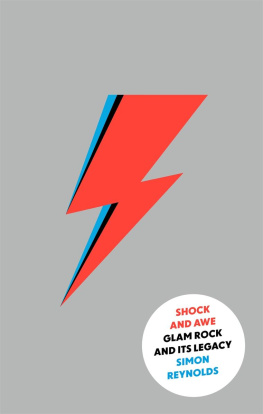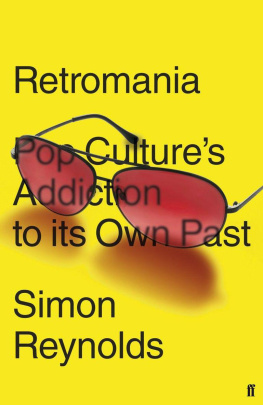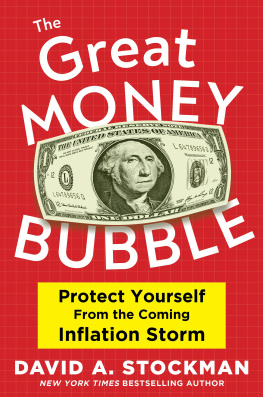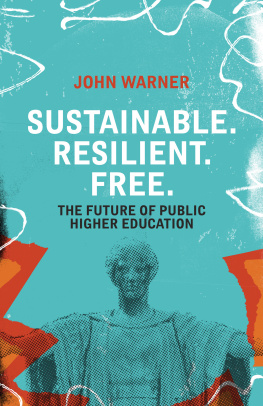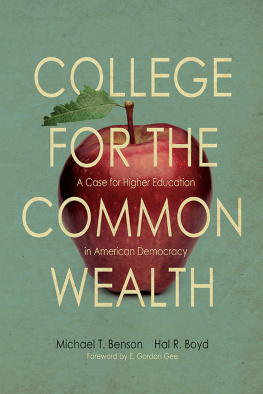

ENCOUNTER BROADSIDES: a new series of critical pamphlets from Encounter Books. Uniting an 18th-century sense of political urgency and rhetorical wit (think The Federalist Papers, Common Sense) with 21st-century technology and channels of distribution, Encounter Broadsides oVer indispensable ammunition for intelligent debate on the critical issues of our time. Written with passion by some of our most authoritative authors, Encounter Broadsides make the case for liberty and the institutions of democratic capitalism at a time when they are under siege from the resurgence of collectivist sentiment. Read them in a sitting and come away knowing the best we can hope for and the worst we must fear.

I. T HE P ROBLEM IN A N UTSHELL
Something that cant go on forever, wont.
Economist Herbert Stein
T HE BUYERS think what theyre buying will appreciate in value, making them rich in the future. The product grows more and more elaborate and more and more expensive but the expense is offset by cheap credit provided by sellers who are eager to encourage buyers to buy.
Buyers see that everyone else is taking on mounds of debt, and they are more comfortable when they do so themselves. Besides, for a generation, the value of what they buy has gone up steadily. What could go wrong? Everything continues smoothly until, at some point, it doesnt anymore.
Yes, this sounds like the housing bubble, but Im afraid its also sounding a lot like a still-inflating higher education bubble. And despite (or because of) the fact that my day job involves higher education, I think its better for us to face up to whats going on before the bubble bursts messily. Because thats whats likely to happen.
No one disputes that college has gotten a lot more expensive. A recent Money magazine report notes, After adjusting for financial aid, the amount families pay for college has skyrocketed 439 percent since 1982. Normal supply and demand cant begin to explain cost increases of this magnitude. Consumers would balk, except for two things.
First as with the housing bubble cheap and readily available credit has let people borrow to finance education. Theyre willing to do so because of (1) consumer ignorance, as students and, often, their parents dont fully grasp just how harsh the impact of student-loan payments will be after graduation; and (2) a belief that whatever the cost, a college education is a necessary ticket to future prosperity.
Bubbles form when too many people expect values to go up forever. Bubbles burst when there are no longer enough excessively optimistic and ignorant folks to fuel them. And there are signs that this is beginning to happen already where education is concerned.
A recent New York Times profile featured Courtney Munna, a 26-year-old graduate of New York University with nearly $100,000 in student-loan debt debt that her degree in religious and womens studies did not equip her to repay. Payments on the debt are about $700 per month, equivalent to a respectable house payment and a major bite on her monthly income of $2,300 as a photographers assistant earning an hourly wage. And, unlike a bad mortgage on an underwater house, Munna cant simply walk away from her student loans, which cannot be expunged in bankruptcy. Shes stuck in a financial trap.

Bubbles form when too many people expect values to go up forever. Bubbles burst when there are no longer enough excessively optimistic and ignorant folks to fuel them.

Some might say that she deserves it: Who borrows $100,000 to finance a degree in womens and religious studies that wont make you any money? She should have wised up, and others should learn from her mistake instead of learning too late, as she did: I dont want to spend the rest of my life slaving away to pay for an education I got for four years and would happily give back.
But bubbles burst when people catch on, and theres some evidence that people are beginning to catch on. Student-loan demand, according to a recent report in The Washington Post, is going soft, and students are expressing a willingness to go to a cheaper school rather than run up debt. Things havent collapsed yet, but theyre looking shakier kind of like the housing market looked in 2007.
So what happens if the bubble collapses? Will it be a tragedy, with millions of Americans losing their path to higher-paying jobs?
Maybe not. College is often described as a path to prosperity, but is it? A college education can help people make more money in three ways.
First, it may actually make them more economically productive by teaching them skills valued in the workplace: computer programming, nursing, or engineering, say. (Religious and womens studies, not so much.)
Second, it may provide a credential that employers want, not because it represents actual skills but because its a weeding tool that doesnt produce civil-rights suits as, say, IQ tests might. A four-year college degree, even if its holder acquired no actual skills, at least indicates some ability to show up on time and perform as instructed.
And third, a college degree at least an elite one may hook its holder up with a useful social network that can provide jobs and opportunities in the future. (This is truer if its a degree from Yale than one from Eastern Kentucky unless, maybe, youre planning to live in eastern Kentucky after graduation but its true everywhere to some degree.)
While an individual might rationally pursue all three of these, only the first one actual added skills produces a net benefit for society. The other two are just distributional: Theyre about who gets the goodies, not about making more of them.
Yet todays college education system seems to be in the business of selling parts two and three to a much greater degree than part one, along with selling the even harder to-quantify college experience, which often boils down to four (or more) years of partying.
Post-bubble, perhaps students and employers, not to mention parents and lenders will focus instead on education that fosters economic value. And that is likely to press colleges to focus more on providing useful majors. (That doesnt necessarily rule out traditional liberal-arts majors, so long as they are rigorous and require a real general education rather than trendy and easy subjects, but the key word here is rigorous.)
My question is whether traditional academic institutions will be able to keep up with the times, or whether as Anya Kamenetz suggests in her new book, DIY U the real pioneering will be in online education and the work of edupunks who are more interested in finding new ways of teaching and learning than in protecting existing interests.
Im betting on the latter. Industries seldom reform themselves, and real competition usually comes from the outside.
In this Broadside, well look briefly at how the higher education bubble came to be, at the problems it is creating, and about what is likely to happen when, and after, the bursting takes place. Well also look at a few things you can do for yourself and for the country.
Next page




